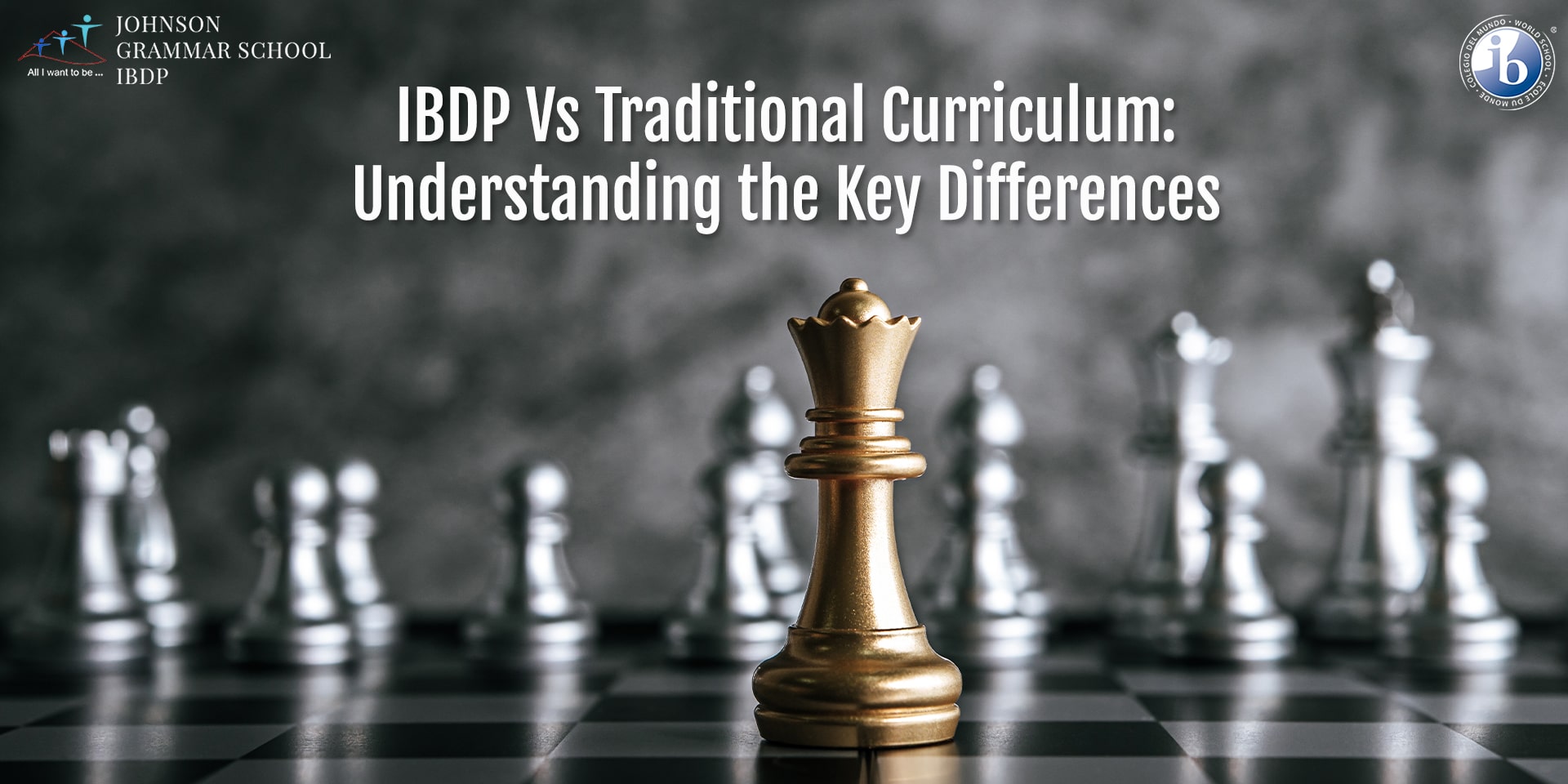
As a parent, you always want what's best for your child, especially when it comes to their education. With so many different types of schooling and programs available, it can be overwhelming and difficult to figure out what's right for your child. If you're trying to decide between traditional schooling and the International Baccalaureate (IB) program in India, this article can help. We'll talk about the main differences between the IB program and regular school, explaining why more and more parents are choosing IB for their kids.
The International Baccalaureate program, often abbreviated as IBDP, is renowned globally for its rigorous academic standards and emphasis on holistic development. According to data from the International Baccalaureate Organization (IBO), there are over 5,000 IB World Schools across 156 countries, offering the IB curriculum to more than 1.7 million students worldwide. This widespread adoption underscores the program's global relevance and effectiveness in preparing students for success in higher education and beyond. Let’s explore the key differences between IBDP and traditional curriculums.
One of the fundamental disparities between the IB program and traditional curriculum lies in their philosophy. While traditional schooling often adheres to a standardized approach with a prime focus on core subjects, the IB curriculum emphasizes inquiry-based learning, encouraging students to explore concepts independently and engage critically with the material.
Unlike traditional curricula, which may vary significantly from one educational institution to another, the IB program follows a standardized framework across all its affiliated schools. This consistency ensures that students receive a cohesive educational experience irrespective of their geographical location.
Traditional curricula often rely heavily on summative assessments, such as standardized tests and examinations, to evaluate student performance. In contrast, the IB program employs a variety of assessment methods, including coursework, oral presentations, and extended essays, allowing students to demonstrate their understanding and skills in diverse formats.
The IB curriculum places a strong emphasis on fostering global awareness and cultural competence among students. Through the study of international perspectives and engagement with global issues, students develop a broader worldview and are better equipped to navigate an increasingly diverse and interconnected world.
The IB syllabus schools in Hyderabad follow a well-structured curriculum that spans across various disciplines, including languages, sciences, humanities, and the arts. This comprehensive approach ensures that students receive a well-rounded education, nurturing their intellectual curiosity and fostering a deeper understanding of global issues.
If you are looking for the best IB schools in Hyderabad that help your kids grow exponentially, Johnson Grammar School IBDP is a great choice. With top faculty and experiential learning at every step, they ensure the quality of education is never compromised.
